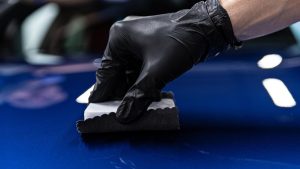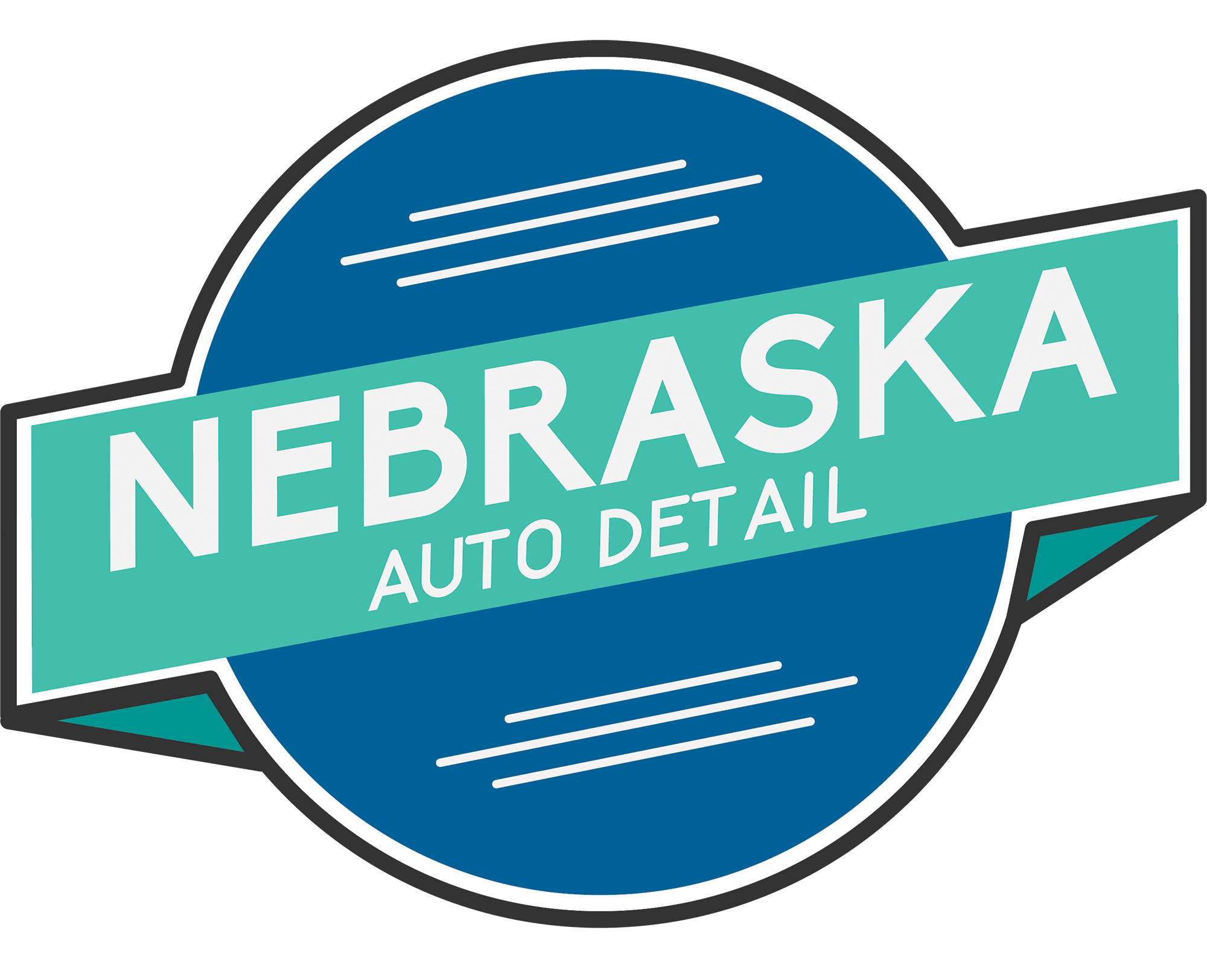Ceramic Coating vs Wax
 Knowing how to properly care for your vehicle is critical. Whether you own a restored classic or have a brand-new daily driver, you’ll certainly want to properly care for your investment. Regular detailing is a great way to maintain the value of any vehicle, but some may require extra shine or protection. Either way, deciding on the best exterior application can be challenging. Many varieties of wax and ceramic coatings are available on the market today, so we’ve chosen to highlight some key details of both options.
Knowing how to properly care for your vehicle is critical. Whether you own a restored classic or have a brand-new daily driver, you’ll certainly want to properly care for your investment. Regular detailing is a great way to maintain the value of any vehicle, but some may require extra shine or protection. Either way, deciding on the best exterior application can be challenging. Many varieties of wax and ceramic coatings are available on the market today, so we’ve chosen to highlight some key details of both options.
Ceramic Coating
Vehicle coatings made from inorganic materials are a relatively new invention. These products are manufactured to be far more durable and heat-resistant than traditional organic wax. Originally based on paint made for space shuttles, ceramic coatings are forms of nanotechnology. This means they’re composed of tiny particles which create strong bonds with a surface and can seal it from damage for years to come. A simple wash will therefore produce a much cleaner surface after a ceramic coating is properly applied.
The benefits of ceramic coating are numerous. It effectively shields against heat, sleet, grime, bugs, droppings, sunlight, acid rain, chemicals, light scratches, extreme pH, oxidation, and environmental pollution. Ceramic coatings offer more gloss, shine, paint protection, and a slicker feeling than organic wax, and are much less work to maintain. They can also be applied to windows, windshields, and alloy wheels to wick away water, resist UV rays, and repel hazardous brake dust. Like Rain-X on steroids, these coatings are well-known for their ability to effortlessly repel water, dirt, and mud. Because they form strong chemical bonds at the atomic level, ceramic coatings won’t wash away in the rain and cannot be removed with basic cleaners or pressure washers.
We use System X Max and Diamond ceramic coatings which are designed to last. Every coating includes a warranty, careful hand wash, iron decontamination, clay bar treatment, 1-step paint correction, and up to 10 years of protection. Our professionally trained detailers will ensure your vehicle’s exterior is thoroughly cleansed before your coating is applied and cured completely.
Wax
Traditional vehicle wax has been used for centuries. First made from animal fat to coat carriages, modern wax is made from organic substances like paraffin and carnauba. Carnauba is a natural compound secreted by palm trees to protect their leaves from harsh sunlight. It’s one of the most common main ingredients in waxes which also include dyes, oils, and solvents. Waxing involves applying the product to a vehicle’s exterior in small circles, and allowing it to dry before buffing away any residue.
Car wax is often cost-effective and easy to apply; however, it requires repeat use to maintain long-term effectiveness. While some products are better than others, most provide heat and UV protection, water resistance, as well as a glossy finish. Waxes offer car enthusiasts the flexibility to detail their vehicle’s exterior on a regular basis, whether personally or via a professional. They also tend to be safer to use on minor chips and scratches since they’re not permanent and can be removed more easily.
Keep in mind that not all car wax is created equal. Some may claim to contain 100% carnauba, but are actually a mix of many low-quality compounds. Furthermore, spray waxes commonly used in automatic washes are actually more of a short-term conditioner which will wash off fairly easily.
Car wax and ceramic coatings are some of the best tools to improve the look, value, and durability of any vehicle. When deciding which route to choose, consider how often you’d like to detail your ride, it’s initial condition, and how frequently it will be used. We highly recommend applying a ceramic coating to any new vehicle which you’d like to protect for a long period of time. If you have questions about detailing, car wax, or ceramic coatings, don’t hesitate to reach out and contact us. We look forward to helping you extend the life of your vehicles.
